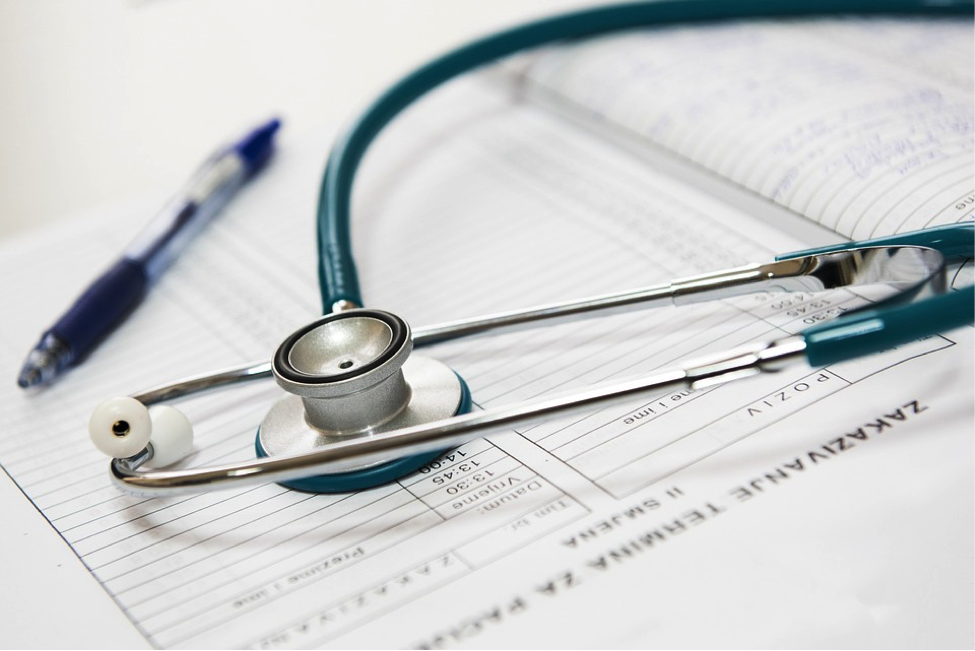

Image Source: Unsplash
Although businesses are beginning to reopen as the world returns to work, the threat of COVID-19 is still very real. Recent reports by the World Health Organization state that most people are still at risk of contracting the coronavirus, so even though we are slowly getting back to normal life, serious precautions are still necessary. The symptoms of COVID-19 can range from fatigue and vomiting, all the way up to death, so vigilance is essential.
While those most at risk of the coronavirus are older adults and people with existing conditions, just about anyone can become a victim. The good news is that there are ways that you can combat the chances of getting the virus. Social distancing and wearing masks is important. Here are some other tips to follow to stay safe.
Boost Your Immunity
Now more than ever, it is vital that you make healthy choices to protect the primary defensive tactic your body has against infection: your immune system. When your immunity is strong, your body takes care of many forms of sickness without you realizing you even contracted anything. One of the easiest ways to keep your immune system in check is by getting enough sleep. You should get 6-8 hours of sleep, and it is recommended that you go to bed at the same time every night to get a good rhythm so the night is restful and productive.
Although it is easier said than done, you need to try your best to maintain your stress levels during these uncertain times. Stress creates a release of the corticosteroid hormone, which effectively lowers your immune system. There are easy ways that you can try to reduce your stress levels, including exercising on a regular basis, especially with yoga and associated breathing techniques. Many of us are still not working, but it is important to stay productive, as this is another way to reduce stress. If you are stuck at home, productivity could include cleaning the house, reading, or a hobby like needlepoint or knitting.
Many people try to boost their immunity by taking supplements and multivitamins, but you have to do your research to ensure that what you take is actually helping. Many multivitamins are either water or fat-soluble, meaning they just flush out of your system without making an impact, and some are not even approved by the Food and Drug Administration. To ensure that you are getting the best vitamins, look for those that have positive ingredients, including vitamin D, calcium, and zinc.
Eat Right
Having a healthy diet is another way to reduce stress, but eating right also helps your body to fight off infection. Right now, going to the grocery store is still a process, and the shelves may not be stocked like they used to, so it is important to make smart decisions when shopping so you can get the best food. First, make sure you are drinking enough water. When you think you are hungry, a bottle of water might satisfy that urge, and water does not include the sugars that soda provides.
This is the time to add plenty of fruits and vegetables to your diet because they provide the vitamins and nutrients that your body needs. When it comes to your immune system, citrus fruits like grapefruits and oranges can do wonders. Broccoli is loaded with a slew of vitamins, fiber, and antioxidants. Spinach contains beta carotene, which is a necessary component for strengthening your immune system.
Snack time can provide less than desirable options, so limit yourself on the number of cookies and candies that you consume. Instead, try nuts, including pistachios, which can lower your cholesterol levels and decrease your risk of other illnesses like heart disease. Almonds are a big go-to because they can aid in weight loss and reduce the symptoms of type 2 diabetes. The less sick you are overall, the lesser your chance of getting COVID-19.
Considerations at Work
Businesses across the world are now opening their doors, and this is an exciting prospect for many. However, you still need to take precautions when you are at your place of business. First, hold your workplace accountable as they should have taken the proper steps to place desks and workspaces in such a way as to promote social distancing. The CDC also asks companies to encourage employees to wear face masks. If you do not feel that the company is taking these precautions seriously, talk to the HR department.
While you are at work, it is still a wise idea to avoid physical contact as often as possible. At this point, it has been widely understood that shaking hands may not be completely necessary, so it is okay to decline the gesture. Make sure to wash your hands frequently, especially after using the bathroom and use tissue paper to cover the toilet seat. Wash your hands again when you get home from work to avoid the risk of contaminating your house or family.
If you feel the symptoms of coronavirus, and you believe that you were exposed through your workplace, there might be programs that can help, including workers’ compensation. That is why it is essential that you go to your manager or HR department if you start to feel sick. In some states, you have 120 days to report your exposure; however, the sooner you report it, the sooner you can get the help you need. Even if you just feel a cold coming on, you should avoid work so you can rest and not infect your coworkers.
We are certainly living in some uncertain times when it comes to the coronavirus pandemic, but with smart and healthy choices, you can greatly reduce your risk of infection.





Be the first to comment